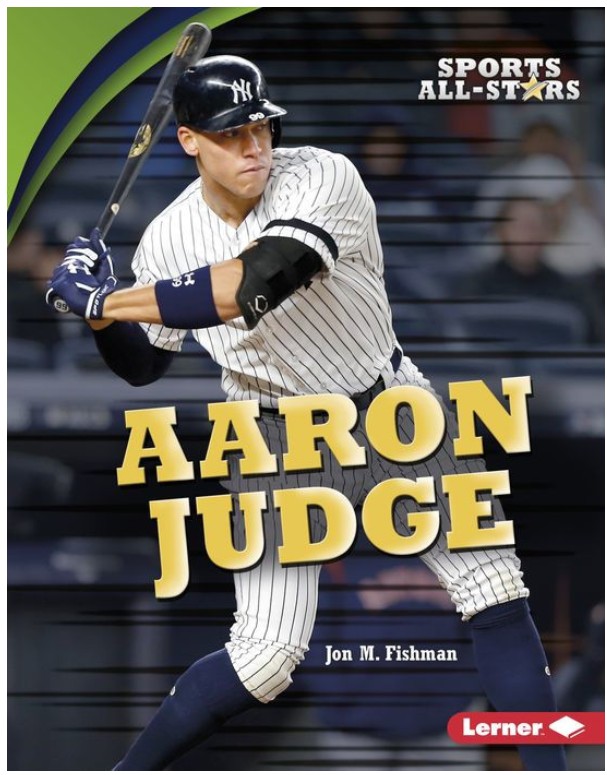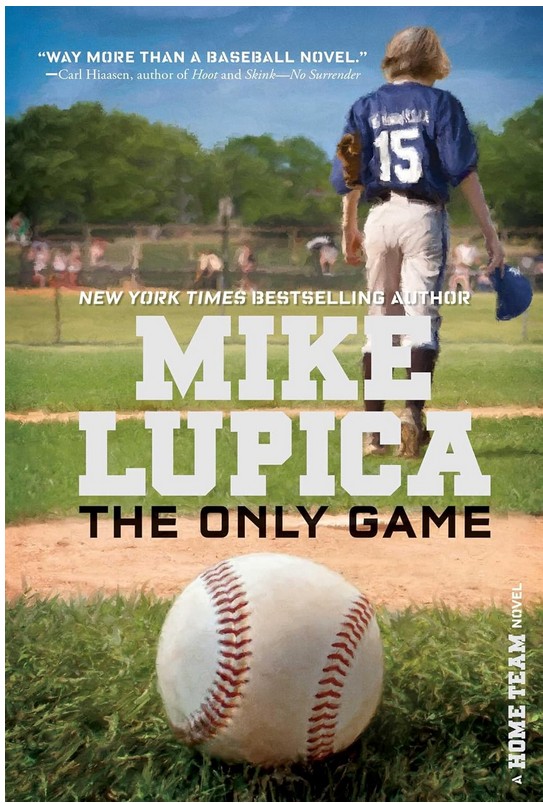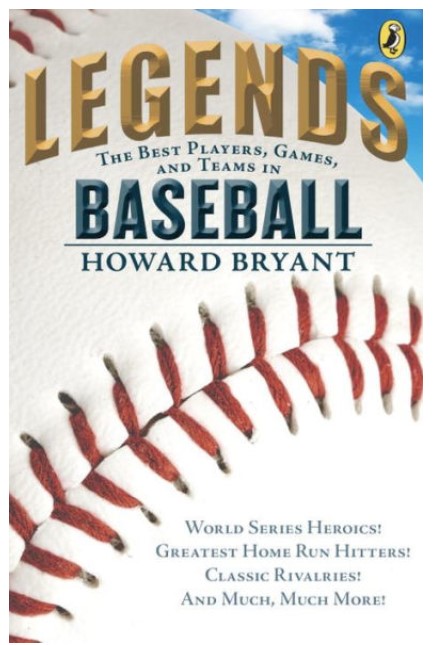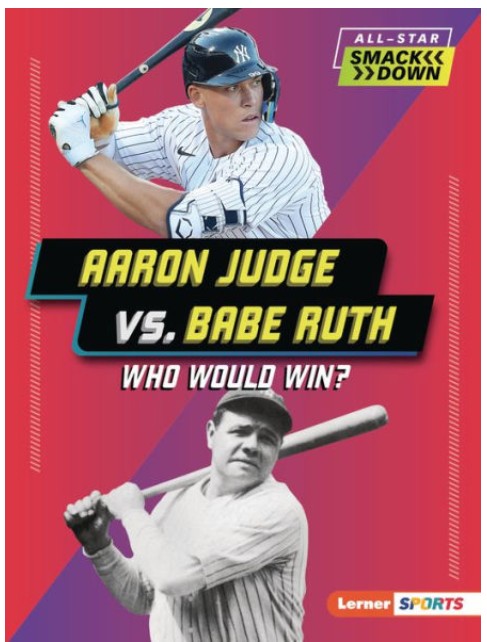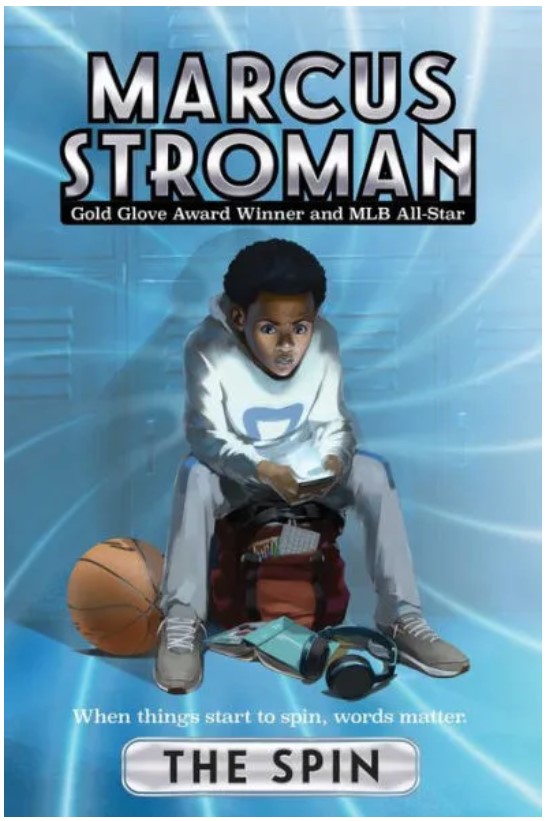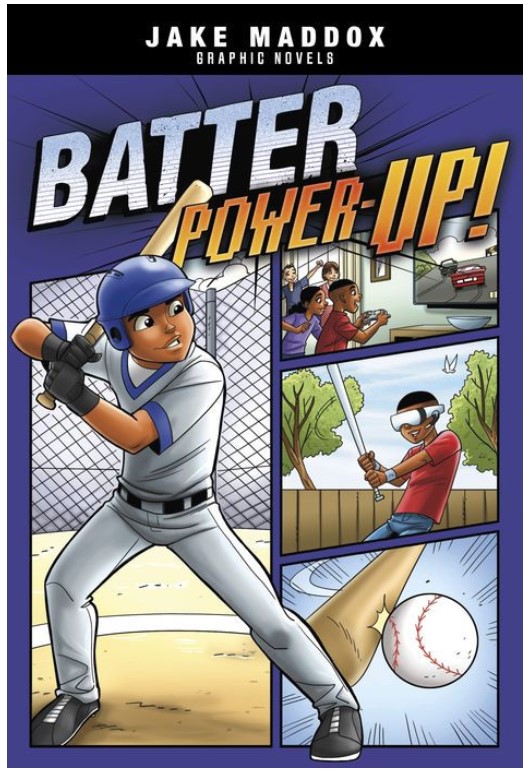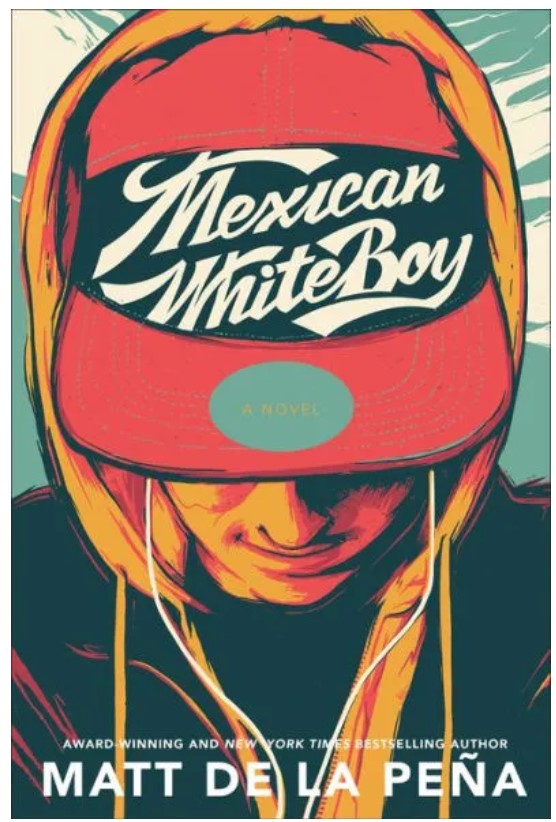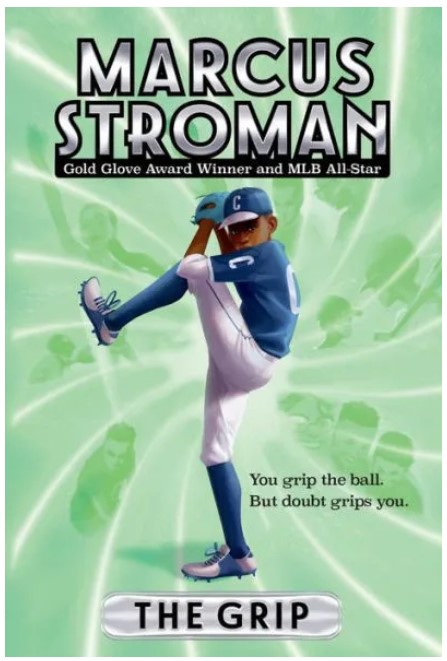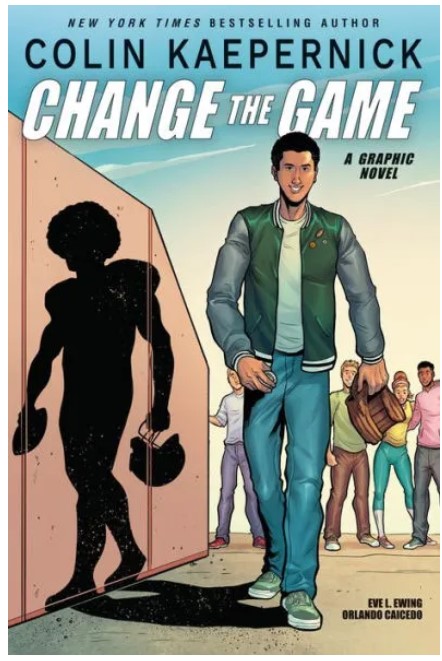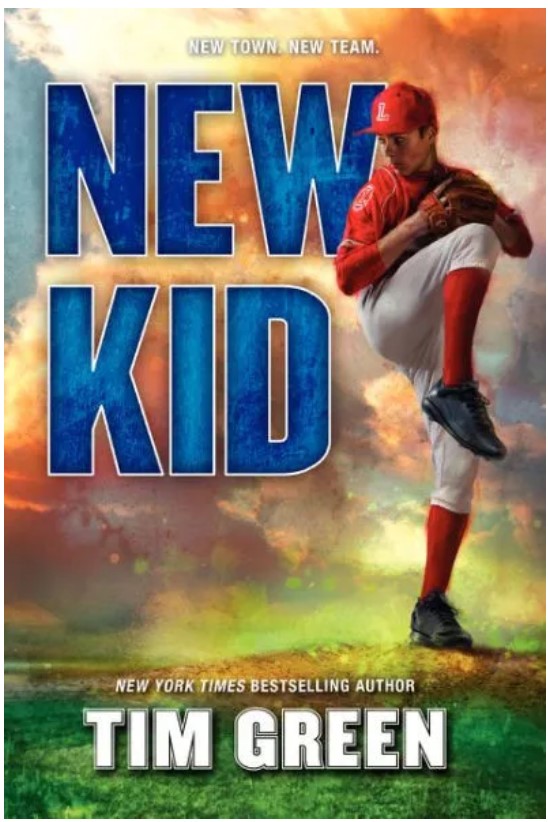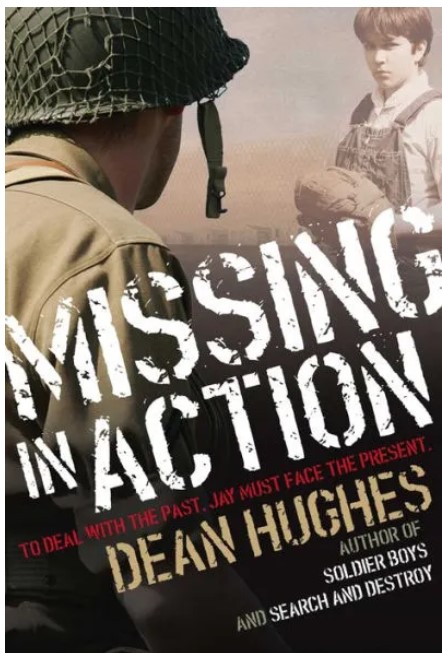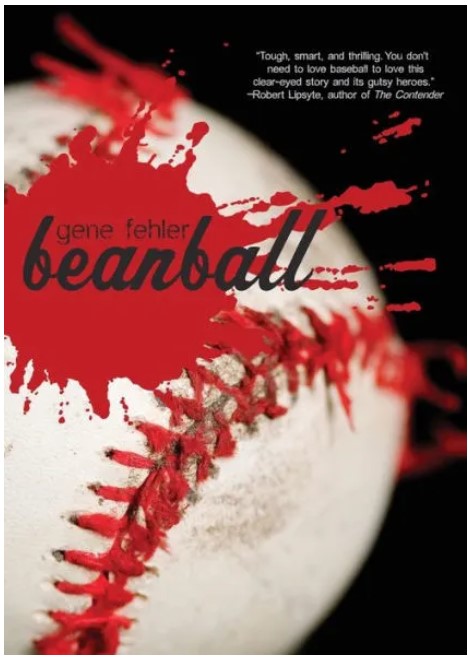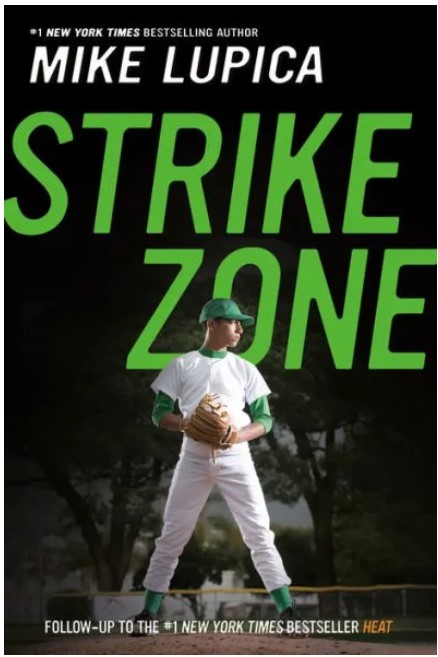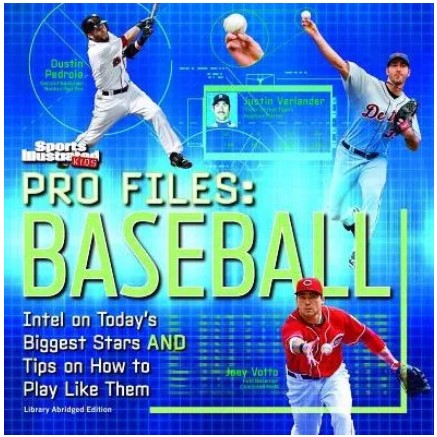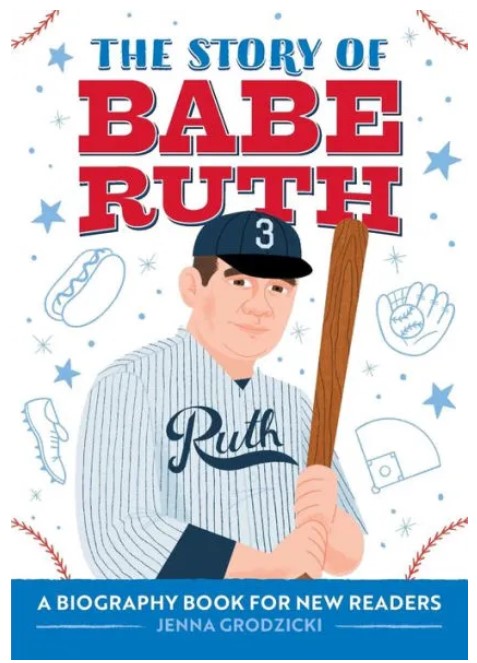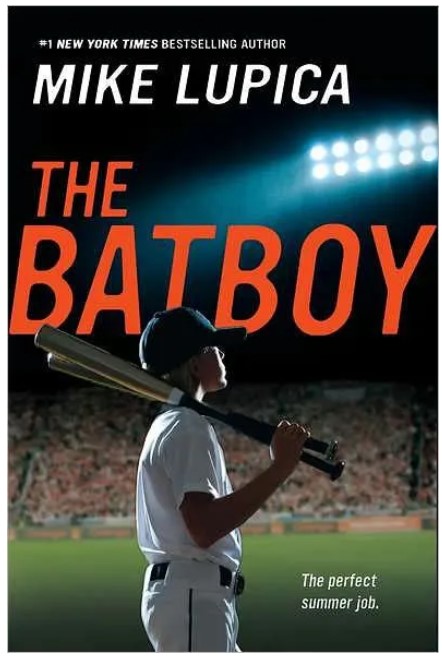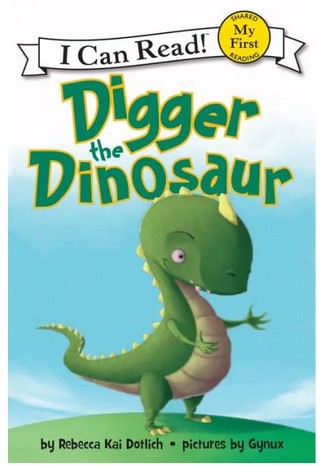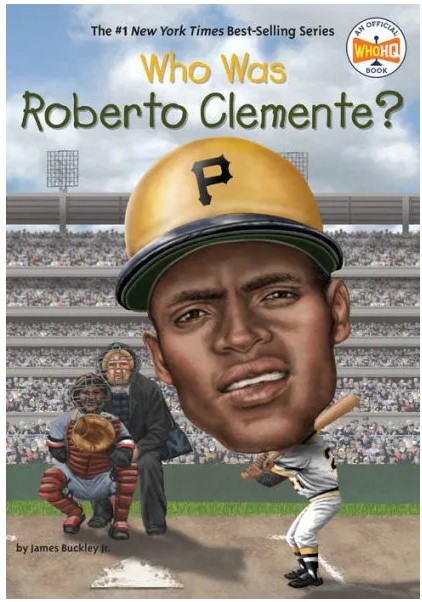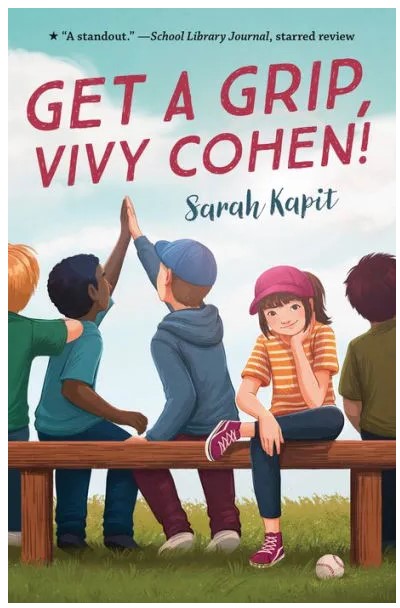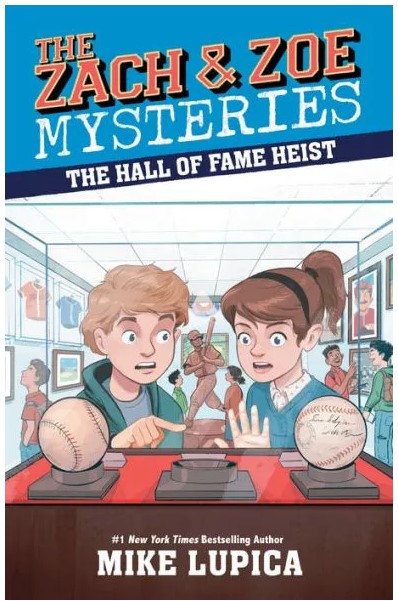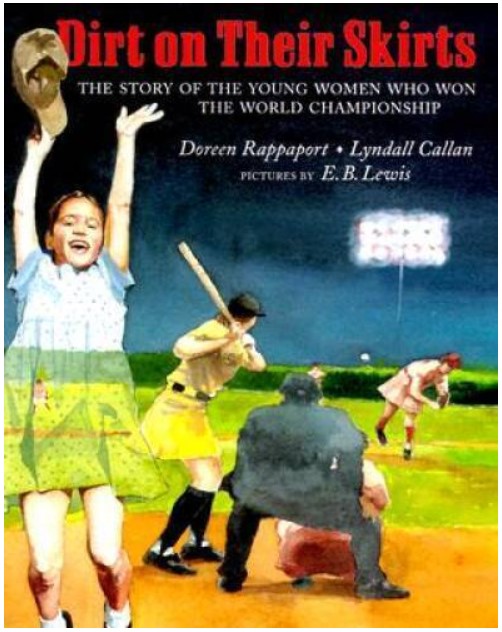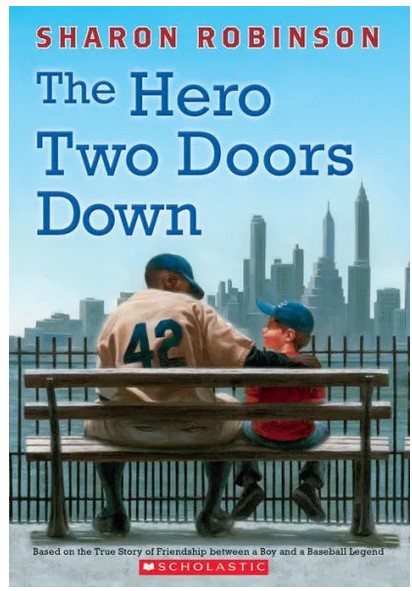Pumpsie needs a win. Or to be more precise, he needs the Nashville Wildcats to win. Pumpsie’s been waiting his entire life—twelve whole years!—for his favorite team to make it to the playoffs. And this year—finally!—they’re just one win away.
But when Pumpsie accidentally gets trapped in Lookout Field the night before the last game of the season, with only a lost dog named Campy for company, he may have accidentally stumbled into the best night of his life. For a baseball fan like Pumpsie, using the pro batting cages, running the bases, playing with the public address system, eating all the concession-stand junk food he can find is a dream come true . . . until he realizes he’s not alone in the stadium. Foul plots are brewing beneath Lookout Field, and now it’s on Pumpsie to swallow his fears, gum up his courage, and swing for the fences if he wants to save the Wildcats’ postseason chances.
Readers will instantly be drawn into Pumpsie’s conflict and feel empathy for the boy who feels like all four of his siblings are loved more than he is. Pumpsie is upset because he never gets his parents’ undivided attention. This is reinforced when he is accidentally trapped in a baseball stadium, and none of his family realizes he’s missing. Pumpsie’s emotions swing from fear of being alone to the joy of exploring the stadium. Pumpsie’s explorations feel like a great adventure full of fun, fear, and a little bit of peril.
Similar to the movie Home Alone, Pumpsie uses slapstick violence, such as coating the stairs with ketchup and mustard, to keep himself and the stadium safe. Since the story is told from Pumpsie’s point of view, readers will understand his reasoning as well as his emotional swings. Although some of the plot points are a bit outrageous and unbelievable, the story is so much fun that it’s easy to overlook the story’s flaws. However, one negative aspect of the story is that the two bad guys are arrested, but the man behind poisoning the Wildcats isn’t punished, and he gets “to keep his reputation intact.” Allowing the man behind the poisoning to go without punishment shows that the rich are allowed to do anything—even break the law—without consequences.
Inside the Park is a fast-paced, suspenseful story that throws in a dash of humor to create a story that hits it out of the park. Pumpsie is an extremely likable protagonist, and anyone who has ever felt overlooked will relate to Pumpsie’s conflict. Inside the Park will have readers rooting for both the Wildcats and Pumpsie, and the story’s conclusion is so perfect that it will have them smiling. Middle grade readers who enjoy humorous baseball stories should also read The Rhino in Right Field by Stacy Dekeyser.
Sexual Content
- None
Violence
- Pumpsie is locked inside the stadium with two bad guys, Jordan and Travis. When Jordan sees Pumpsie, “Jordan [puts] a giant hand on my shoulder, pushing me so hard against the wall it knocks the wind out of me.” Pumpsie kicks “him in the shins as hard as I can.”
- To get away from the bad guys, Pumpsie shoots them with a T-shirt launcher. “The first baseball zips across the room, hitting Travis in his left leg with a smack. He immediately grabs at the spot and grits his teeth . . . The last ball crashes into Jordan’s forehead, just above his right eye, and his skin splits open like a cracked sidewalk.” Jordan is bleeding but otherwise uninjured. The scene is described over two pages.
- Jordan and Travis walk into another trap that Pumpsie created. Pumpsie yanks “the string, and all the wooden bats I took from the equipment room and batting cage tumble out of the net and onto Jordan and Travis. . . Travis curls up in a ball, clutching one swollen knee to his chest and then switching to the other.
- Pumpsie sprays hair spray at Jordan and Travis. “A fog of hairspray floats over Jordan’s and Travis’s heads and settles in their noses, in their mouths, on the tips of their fingers.”
Drugs and Alcohol
- Jordan and Travis put Salmonella bacteria into the Wildcats’ food, which caused most of them to get sick, but they recovered.
- After winning a tournament, the Wildcats have champagne.
Language
- Pumpsie’s older brother calls him names such as Poopsie, Poo-Poo, and other mean names.
- Dang is used once.
- Crap is used twice and crappy is used once.
- One of the bad guys asks Pumpsie, “What the heck are you smiling at, you little punk?” The bad guy also calls Pumpsie a brat.
- Pumpsie calls the bad guys idiots.
- An adult says, “Brothers can be jerks sometimes.”
Supernatural
- None
Spiritual Content
- Pumpsie’s grandfather told him, “First is important, but sometimes last is more significant. . . And you know what God says. . . The last should be first.”
- When Pumpsie realizes he’s locked inside the stadium, he prays, “God, if you get me out of this, I promise to never be mean to [my sister] again.”
- Occasionally, Pumpsie says a prayer. For example, Pumpsie sent “up a quick prayer that Jordan and Travis don’t try to use the elevator while I’m getting everything ready.”
- An adult baseball player tells Pumpsie, “And from personal experience, I can tell you that even when you’re the one doing the wrong, God’s got a way of fixing that too.”
- After Pumpsie’s family finds him, his baby sister says, “Thank you, God, for making Pumpsie come back quick.”

